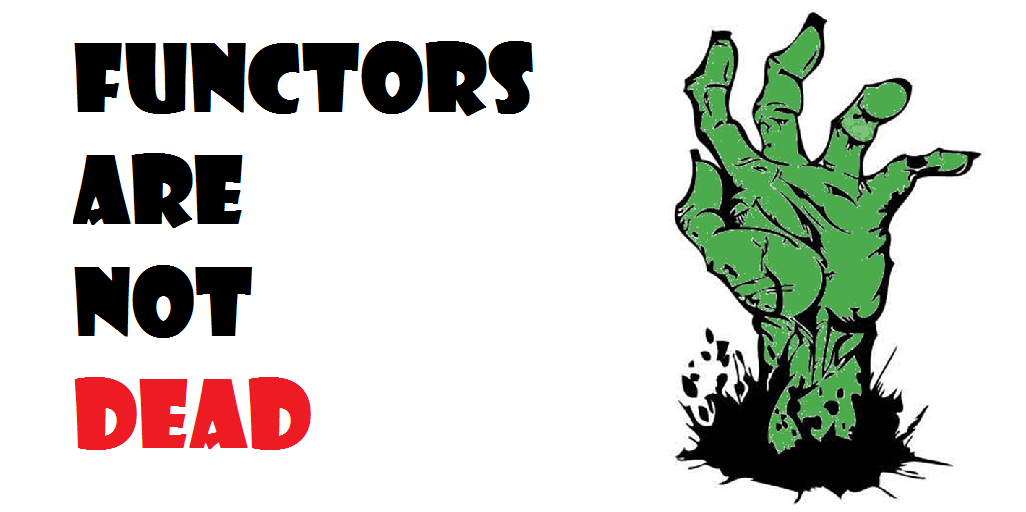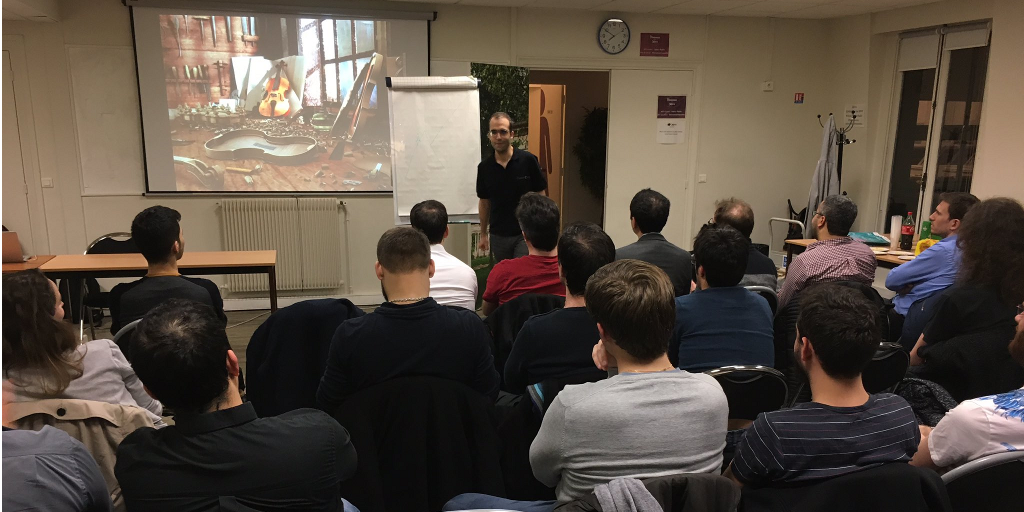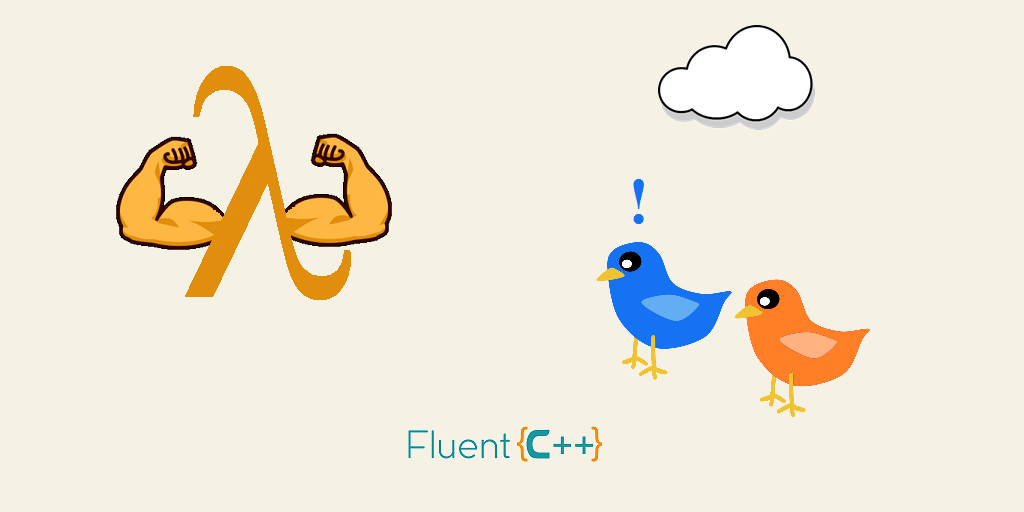A smart iterator for inserting into a sorted container in C++
Smart iterators add great potential to writing expressive code with the STL in C++. And the ones that are proposed natively work particularly well with vectors and with other sequence containers such as deque, list and string. But the situation is not as good for associative containers, such as maps and sets (or their flat- non-standard counterparts). […]




